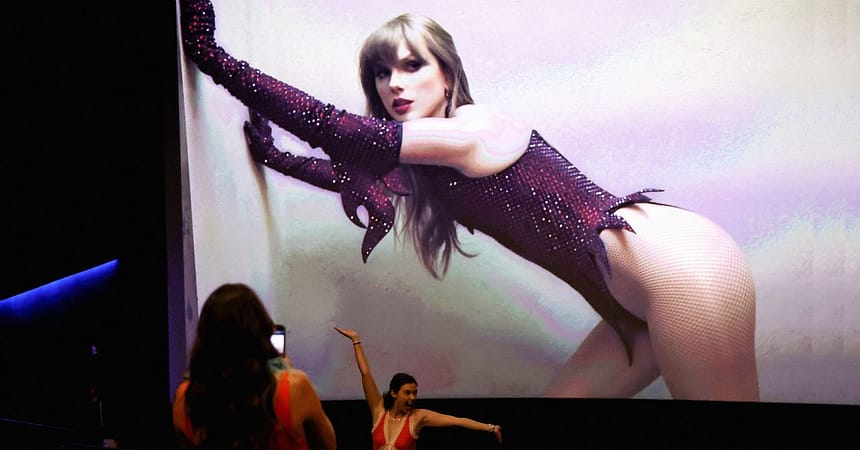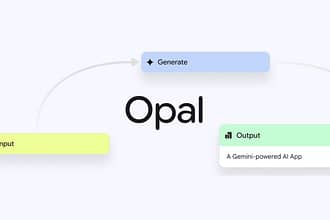“We are very much losing this battle against common sense when it comes to using generative AI,” Schnitt says, adding that if the videos are AI and Swift apologizes for it, the move could be “a touchstone moment” in the pushback against the technology.
Lobo, who also made a post using the #SwiftiesAgainstAI hashtag, doesn’t think Swift will comment on the backlash. She does think the pop star, whether she used AI or not, will be wary of doing so in the future out of fear of angering her fans. As a contrast to the promos, Lobo’s X post highlighted Swift’s 2017 lyric video for the song “Look What You Made Me Do,” which was designed by a motion design studio. Lots of fans responded to Lobo’s post noting they missed the artistry and attention to detail in some of Swift’s earlier lyric videos.
“Back then, when she wasn’t even as big as she is now, she was careful enough to hire someone to make something so beautifully and carefully done,” Lobo says. “I have a job that is threatened by AI, and AI just completely disregards the art and turns it into a product.”
While it’s unclear what AI models, if any, were used to generate the promo videos, Reality Defender’s Colman says there are some models trained on non-copyrighted data and others that tread into more unethical territory. But mainstream AI products offered by companies like OpenAI and Google are currently battling to make training their models on copyrighted work legal under fair use, to the dismay of artists who are losing paid work to AI.
Colman says that current generative AI models and a “good prompt” could generate the kinds of images used in Swift’s promos in around two minutes. Many of these kinds of videos are made with diffusion AI models, which produce output comparable to Sora, OpenAI’s video app that has given users the ability to easily deepfake themselves.
Google teased Swift’s scavenger hunt from its official Instagram account, although it’s unclear whether the promo videos that were part of the challenge were made with Google’s AI features. Earlier this year, Google started promoting a tool to convert photos into short, AI-generated videos. The latest iteration is called Veo 3. If the Swift teasers were supposed to entice her fans to use Google’s AI suite, the plan seems to have backfired. This demographic may actually be among the most vocal and least likely people to glom onto AI tools.
Most of the people involved in the backlash are “huge fans,” Lobo says, they just “don’t want AI to infiltrate what we feel is a safe space.” As long as Swift stays silent, it will remain a question of whether it even did.





